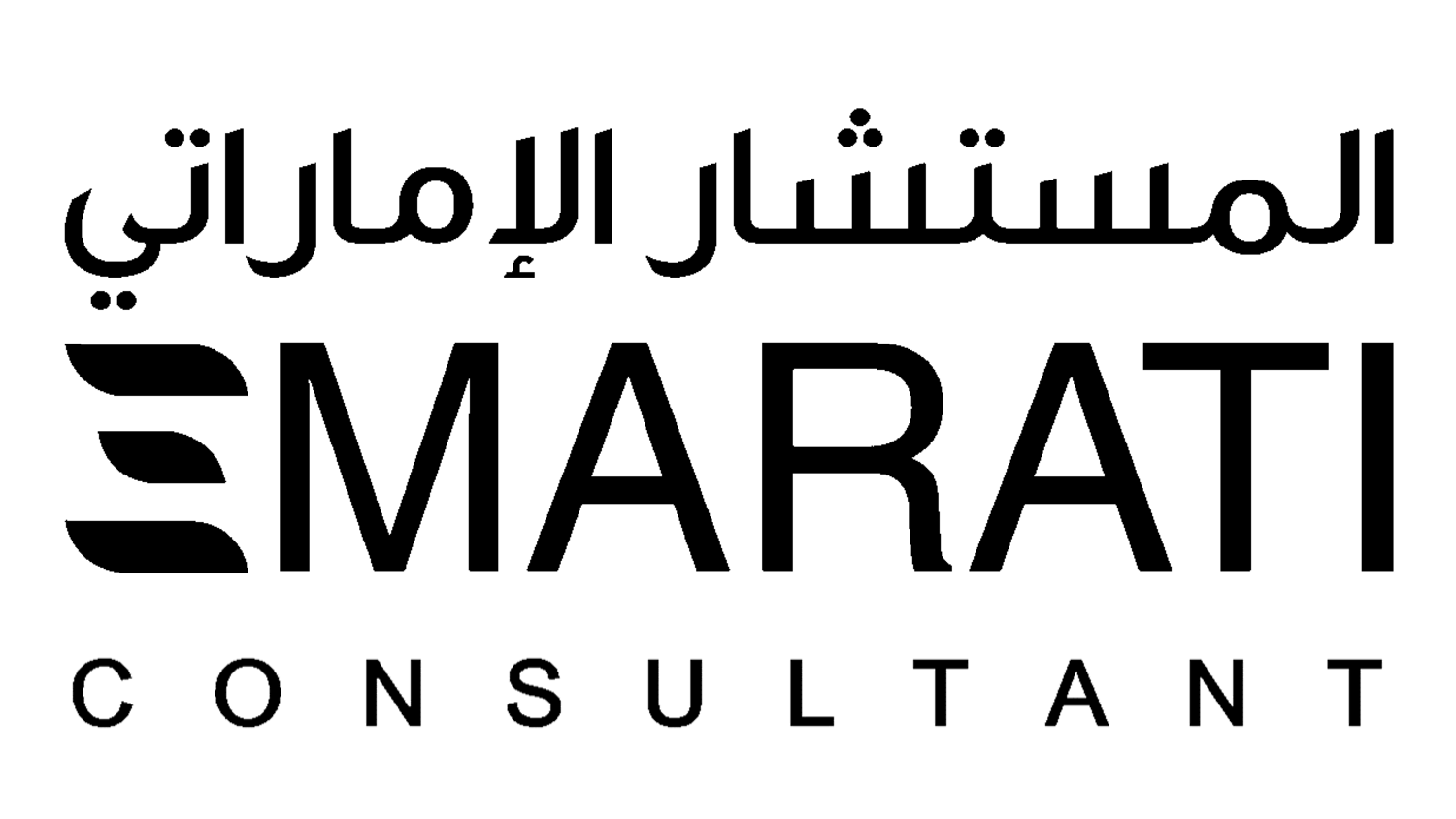Why Choose this Training Course?
This qualification is designed for Professional Consultants who want to develop their strategic skills with consulting such as organizational structure and culture, entry and diagnosis, communicating strategies for consulting and group dynamics and facilitating skills.
What are the Goals?
Mandatory Units
Unit 5030 – Planning and managing consultancy interventions
- Understand the need to adopt a structured approach to managing consultancy interventions
- Be able to use project management techniques in a consultancy intervention
- Know how to conduct a consultancy intervention
Unit 5032 – The Client Relationship
- Understand the importance of the client/consultant relationship
- Be able to develop and manage the client relationship
- Be able to use negotiation and influencing skills in the client/consultant relationship
Unit 5034 – Problem Solving, Tools and techniques for Consultants
- Understand how to identify the client need
- Understand data collection methods and confidentiality in a consultancy intervention
- Be able to apply analysis tools within consultancy interventions
Additional Units to complete 25 credits and 430 TUT
Unit 5029 – Introduction to Consulting Essentials
- Understand the nature of consulting
- Be able to prepare for professional personal development as a consultant
- Know how to communicate effectively with client
Unit 5031 – The role and responsibilities of a consultant
- Understand the role of the consultant
- Be able to assess current competencies, knowledge and behaviours against those required of a management consultant
- Know how to behave in a professional and ethical manner
Unit 5033 – Communication for consultants
- Understand the importance of communication
- Be able to run effective meetings with clients
- Be able to present information, findings, conclusions and recommendations to clients
The Unit of this qualification
Learners must complete all mandatory units to a total of 25 credits and three optional units to a minimum of 18 credits to achieve this qualification. The minimum Total Qualification Time is 430 hours, including 180 Guided Learning Hours.
Unit 5030 – Planning and Managing Consultancy Interventions
Credits: 8
GLH: 35
TUT: 80
Unit 5031 – The Client Relationship
Credits: 8
GLH: 35
TUT: 80
Unit 5034 – Problem Solving, Tools and Techniques for Consultants
Credits: 9
GLH: 40
TUT: 90
Unit 5029 – Introduction to Consulting Essentials
Credits: 8
GLH: 30
TUT: 80
Unit 5031 – The Role and Responsibilities of a Consultant
Credits: 6
GLH: 25
TUT: 60
Unit 5033 – Communication for Consultants
Credits: 7
GLH: 30
TUT: 70
The Aim of this Unit
This unit is aimed at those who wish to gain an understanding of the role of a consultant. It identifies the importance of professionalism and client engagement and this unit is about understanding how a client/ consultant relationship is forged and developed in a positive way and the skills required of a consultant in order to gain the trust of clients. Understanding the stages of the consultancy cycle and how to manage interventions
effectively, role of the consultant and the behaviors, skills and attributes required and this demonstrates the skills required of a management consultant using verbal and non-verbal communication methods, understanding about the tools and techniques used by a consultant to select and analyze data and information and to formulate findings and alternative courses of action for the client.
Course Assessment
- Completion of an assignment for each unit
- No examinations
How will this Training Course be Presented?
In person Training – Virtual – Self-paced
Unit 5030 – Planning and Managing Consultancy Interventions
Understand the need to adopt a structured approach to managing consultancy interventions
- Discuss different types of consultancy interventions and approaches available to a consultant
- Evaluate the role of planning in consultancy interventions
- Explain the stages of the consultancy cycle
- Identify the inputs and deliverables at each stage of the consultancy cycle
- Explain how to overcome challenges and risks which may arise during the consultancy cycle
- Evaluate the importance of scoping to a consultancy intervention
Able to use project management techniques in a consultancy intervention
- Identify the components of an effective project plan
- Evaluate the need for budgeting of financial and non-financial resources
- Develop systems and practices to identify and manage potential risks to the achievement of project objectives
- Identify an appropriate infrastructure to support project delivery
- Assess the impact of the consultants own role and skills in project delivery
- Evaluate the importance of the project leader quality assuring the work of the project team
Know how to conduct a consultancy intervention
- Identify the resource implications for gathering different types of data/information and evaluate their contribution to the project
- Select a range of data analysis tools/models and evaluate the contribution to the success of an intervention project in using a range of tools/models
- Explain how to develop a cohesive set of conclusions/findings
- Describe the process of developing recommendations from the analysis
Unit 5031 – The Client Relationship
The importance of the client/consultant relationship
- Evaluate the impact different organisational structures and processes have on the client/consultant relationship
- Identify the key factors in developing a positive client/consultant relationship
- Assess the impact that client/consultant relationships have on consultancy interventions
- Evaluate the importance of trust in a client/consultant relationship
Unit 5034 – Problem Solving, Tools and Techniques for Consultants
Understand how to identify the client need
- Evaluate the tools and approaches a consultant may employ to identify the client issue
- Assess the impact on the intervention if the consultant does not fully understand the needs of the client
Understand data collection methods and confidentiality in a consultancy intervention
- Evaluate different sources of data and information which may be used in a consultancy intervention
- Explain how validity and reliability of data and information can be evaluated
- Explain the importance of confidentiality when dealing with client information
Be able to apply analysis tools within consultancy interventions
- Evaluate a range of analytical tools, techniques, and models that can be used by consultants
- Select appropriate analytical tools, techniques, and models to meet the needs of a consultancy intervention
- Evaluate findings and draw conclusions following analysis
- Determine options to address the needs of the client
- Assess risks to the client of adopting alternative course of action
Unit 5029 – Introduction to Consulting Essentials
Nature of Consulting
- Services of Consultant is needed in an organization
- Consultants as the added value to a client organization
- Consultancy cycle
- importance of Professional and Ethical conduct in consulting
- A consultant can develops credibility for effective engagement with client organizations
Prepare for professional personal development as a consultant
- Plan for personal professional development
- Evaluate current skills knowledge and behaviours against those identified in the consultancy competency framework
- Personal development plan to support development
- Reflective practice in developing oneself as a consultant
Communicate effectively with clients
- Methods of communication available to a consultant
- Diverse communication methods with clients
- Impact of communication methods on the client relationship
- Assess the communication challenges facing a consultant to the client organisation
Unit 5031 – The Role and Responsibilities of a Consultant
Understand the role of the consultant
- Identify different types of organisational structures for consulting practices/departments
- Define the role of the consultant
- Explain the emerging trends and challenges facing the consulting industry
- Explain how the demand for consultants changes in different economic climates
Able to assess current competencies, knowledge and behaviours against those required of a management consultant
- Explain how the competencies required of a consultant change at different stages of their career
- Evaluate existing competencies, knowledge and behaviours against the Consultancy Competency Framework (CCF)
- Assess how the completion of Personal Development Plan (PDP) activities contributes to changes in the competence knowledge and behaviours as a consultant
Know how to behave in a professional and ethical manner
- Identify the professional behaviours required of a consultant
- Identify ethical dilemmas that may arise in the course of the work of a consultant
- Explain the duty of care owed by a consultant to a client
Unit 5033 – Communication for Consultants
- Understand the importance of communication
- Identify the key factors to consider when preparing to communicate with clients
- Assess the impact of communication skills on the client/consultant relationship
- Explain how different communication methods may be used to identify clients’ needs
- Evaluate the impact of communications skills on achieving intervention objectives
- Explain how client confidentiality is observed by the consultant
Be able to run effective meetings with clients
- Explain the process of planning and preparing for a meeting with a client
- Identify the key skills required of a consultant when running meetings
- Evaluate the importance of the consultant employing questioning and listening skills during the meeting
- Identify the different types and formats of meetings during the sales and delivery cycles of consulting
Able to present information, findings, conclusions and recommendations to clients
Explain the key principles of delivering a presentation that meets its objectives
- Evaluate the use of presentations as a method of communicating information to clients
- Identify the tools and resources a consultant may use to convey the desired message
- Prepare effective written reports
- Identify the different writing styles which may be used and match these two different situations
In person Training – Virtual – Self-paced
Flexible Timings
Certificate of Completion for delegates who attend and complete the course
COURSE REGISTRATION
Kindly email info@emaratic.com for registration or call +971 43 34 6009 for assistance
WANT TO KNOW MORE
Our Training Platforms

Digital Learning

Virtual Learning

Instructor-Led Learning

Blended Learning


